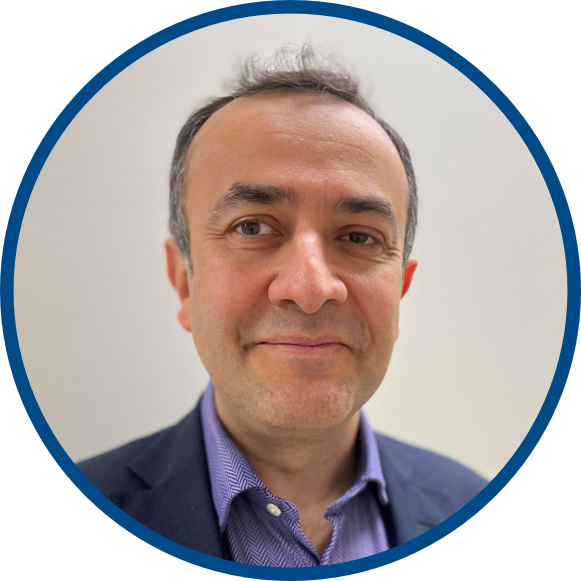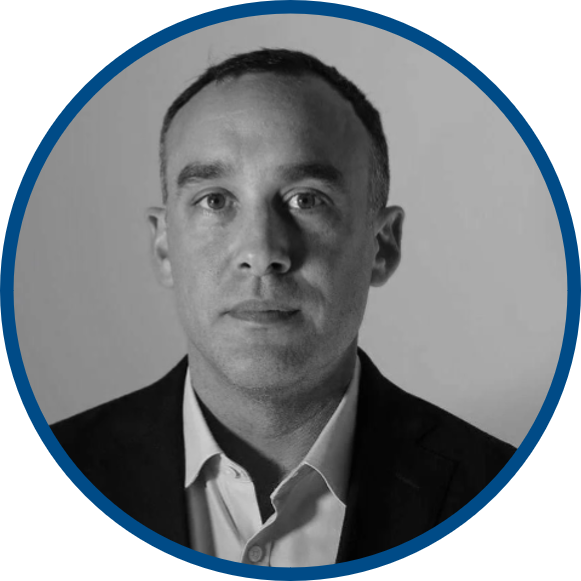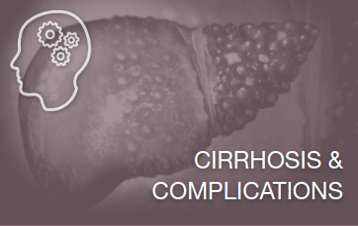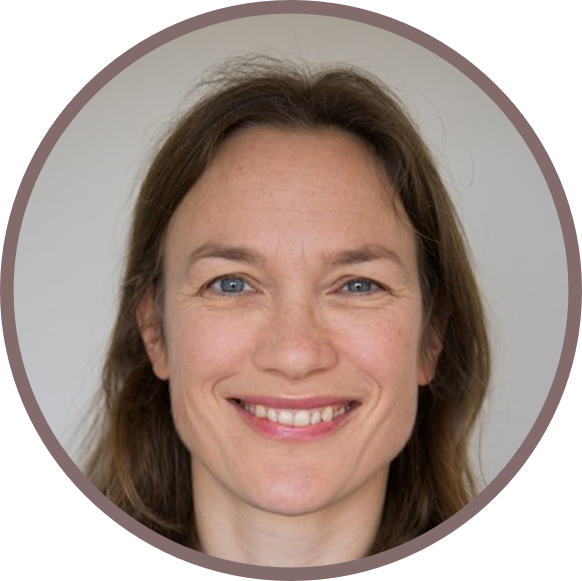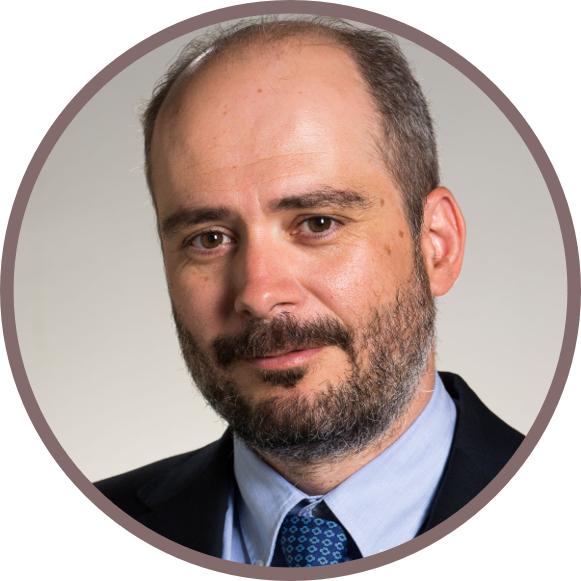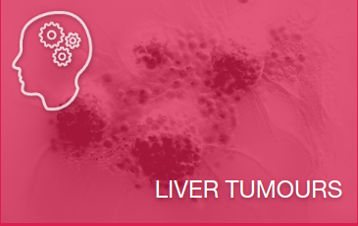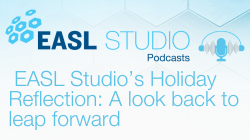Description
The spread of misinformation may be as harmful to the health of Europeans as disease itself. Misinformation, particularly circulated through social media and on the internet, impedes and undermines the efficacy of public health responses.
This episode explores the concept of digital health literacy, its underestimation during the Covid-19 pandemic, and lessons learned in the fight against the infodemic. Prof. Mookerjee, expert in health education, presents key issues, challenges, and areas of action in the field of digital health literacy. George Kalamitsis, a patient advocate, provides his insights on strategies to improve digital health literacy at a community level.

